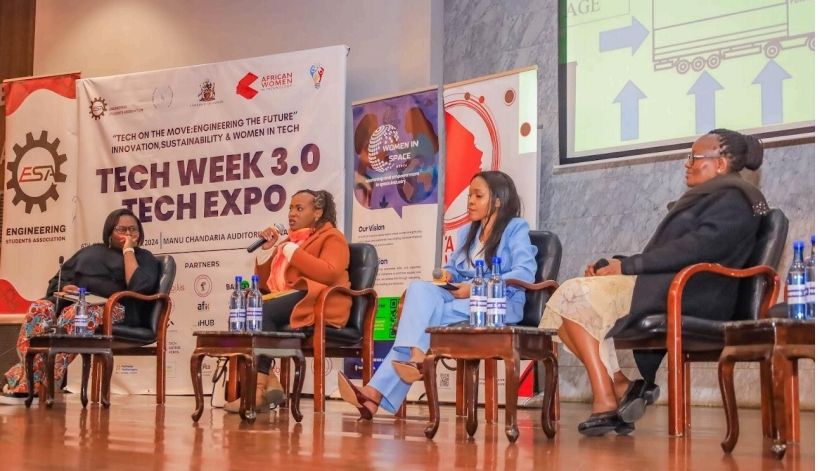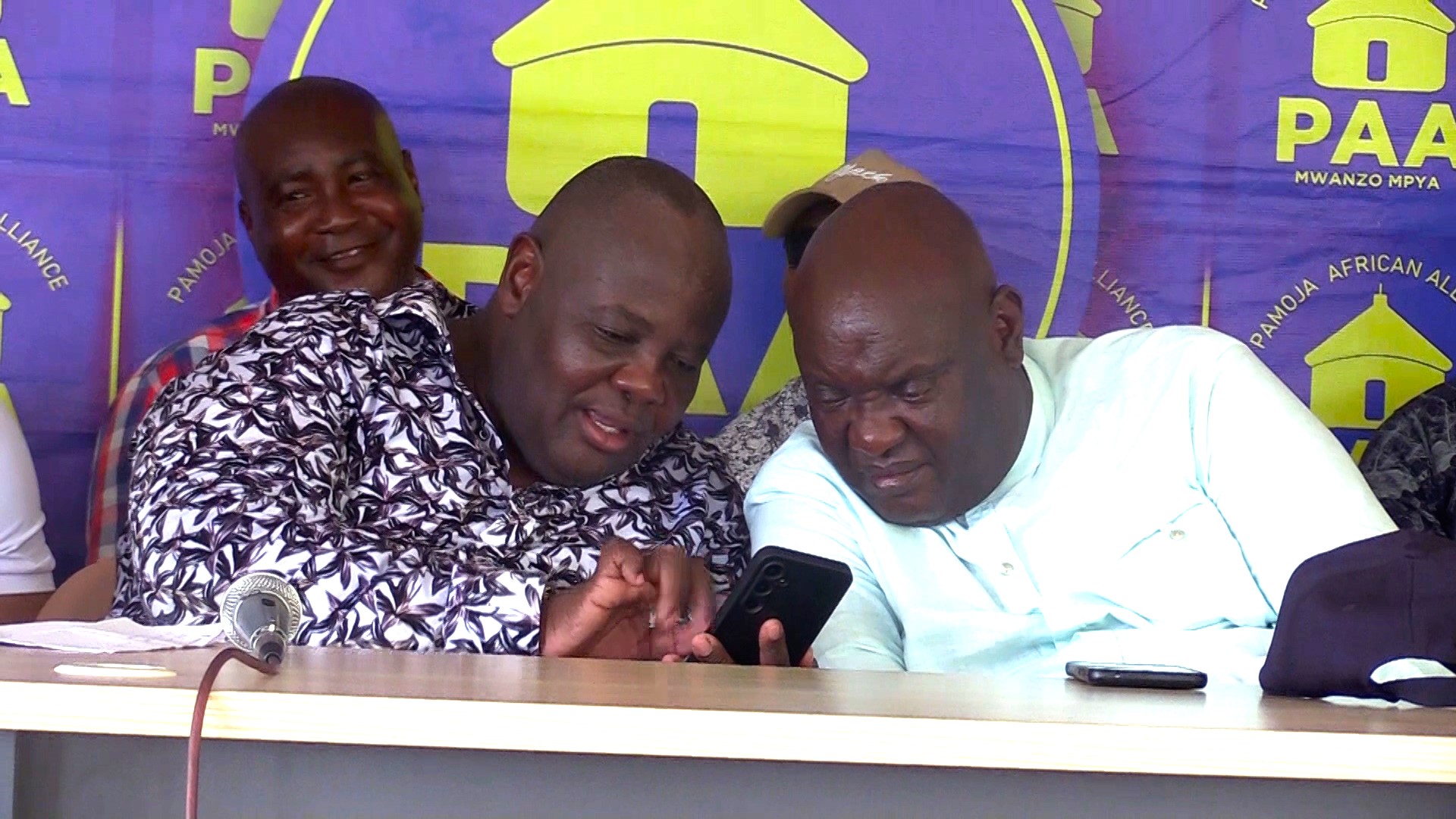Kenya Red Cross Engage Police, Medics Through Forensic Management Training

By Isabella Maua
Clinical officers, nurses, laboratory scientists, and police officers from across Mt. Elgon Sub County have this week received training on forensic management held by the Kenya Red Cross Bungoma in Chwele.
The 3-day session was aimed at equipping the medics and police officers with relevant knowledge and expertise, primarily from the point of view of handling a survivor and perpetrator of sexual gender-based violence to the point of presenting evidence before the court of law.
The medics were extensively impacted by knowledge on how to prepare and screen a patient for sexual gender-based violence, the collection of forensic evidence and samples for lab investigations, and offering medical management to survivors and perpetrators without losing any evidence whatsoever.
Besides that, there was emphasis on how to maintain a proper chain of custody and later present evidence in court as an expert witness.
“Most of us have messed up with cases, leaving perpetrators to go scot-free because of tampering with evidence at some stage before it is presented before court; this shouldn’t be the case anymore,” Evans Nyakundi, Deputy OCPD Kimilili, said.
However, the medics decried the lack of sufficient facilities to store evidence, especially in cases that take more time than anticipated.
One nurse from Cheptais reported, “The biggest challenge is not having a designated space to safely store our specimen or any other evidence for later use; this has greatly jeopardized our mission of seeking justice for survivors.”
On the matter of delaying cases, which was raised by the majority of medical practitioners, the office of the Director of Public Prosecution confirmed that it has been a thing of the past.
“Nowadays, we ensure to get a child’s testimony in a scenario where the victim is under 10 years old, in which case the perpetrator, if convicted, will serve life imprisonment,” explained Robert Oyumbo, ODPP Bungoma.
He further pointed out that in a defilement case, key incriminating aspects are the age of the child and evidence of penetration.
“We request that our donors, including Kenya Red Cross and Finland, at least erect specific fridges in the ISO-certified laboratory at the Bungoma County hospital to allow us to safely store our evidence without any fear of compromise or loss,” recommended one of the lab scientists from Kopsiro.
Despite the ODPP’s efforts to fast-track defilement and rape cases, there has been a decry from the department where victims flee.
“Kimilili sub county has numerous cases of victims who are children getting lost once the case is underway in our courts, and this hinders our process of pursuing justice for them,” observed Oyumbo.
David Wataka, a medical practitioner at Kopsiro Model Health Centre, vividly demonstrated to the trainees the steps of filling out the P3 forms, which the police officers emphasized should entail three copies.
“A copy should remain with the clinical officer, another with the police officer, and one to be presented at the court of law as evidence,” stressed Jared Nyaosi, OCS Mt. Elgon police station.
Conclusively, the medics and police officers vowed to work collaboratively in pursuit of achieving zero tolerance for sexual, gender-based violence.





